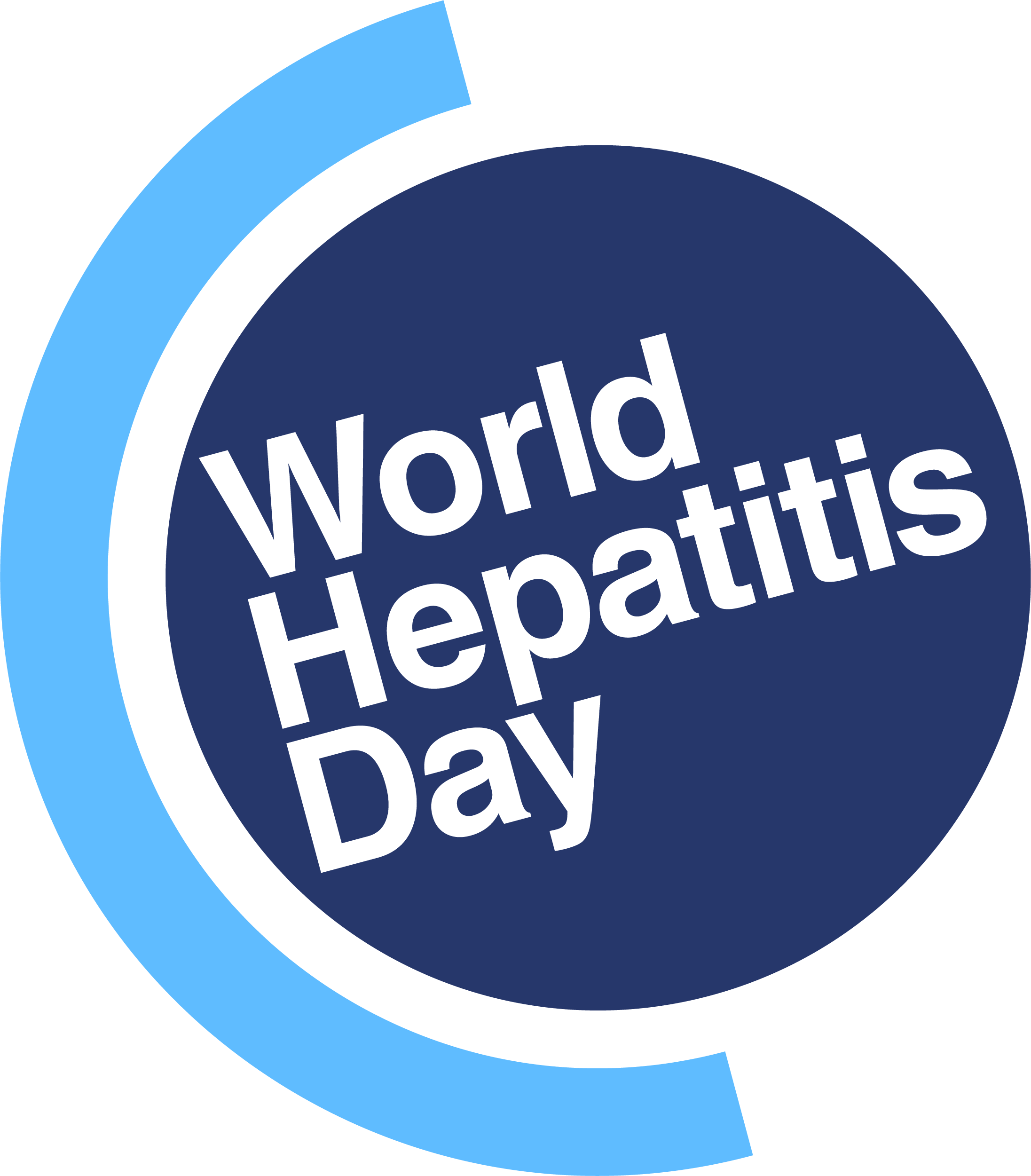STI World Hepatitis Day Podcast
In the last decade, direct-acting antivirals have revolutionised hepatitis C treatment. With curative rates in excess of 90%, in 2016 the World Health Organization (WHO) announced the ambitious target of international hepatitis C virus elimination by 2030, aiming to prevent the estimated 400,000 people who die each year from HCV-related cirrhosis and liver cancer. Yet, only a few countries are on track to achieve elimination by 2030.
Welcome to the STI 2021 podcast series. This podcast honours World Hepatitis Day. Please join Dr. Fabiola Martin with Professor Gail Matthews, Ms Carrie Fowley and Ms Lisa Carter as they discuss how multi-agency efforts are making inroads into HCV elimination in Australia.
Facts
- Hepatitis C virus (HCV) is an RNA virus that can cause chronic hepatitis, liver cirrhosis and liver cancer if left untreated.
- It is transmitted through exposure to infected blood, primarily through sharing used needles, unsafe tattoos and piercing, and less commonly through other routes.
- It is estimated that around 75% of people infected with HCV become chronic carriers.
- People with chronic HCV typically lack symptoms or have vague, non-specific symptoms for many years and thus often remain undiagnosed.
- Antiviral treatment typically cures chronic hepatitis C within 12 weeks using two direct-acting antivirals (DAAs) combined in a single pill per day.
- In many countries, DAA treatment is managed within specialist services. In Australia, most people with HCV are tested and treated by doctors and nurses in primary care, and there is universal, free access to DAAs.
- Proactive decentralisation of hepatitis C testing and treatment, e.g., via community-based nurse-led clinics or by approving pharmacists to become providers, are examples of how access and uptake barriers may be reduced.
- Whichever the setting, health care providers need to be cognisant of the stigma attached to both HCV infection and the lifestyle choices which may lead to HCV transmission. Efforts to recognise, address and reduce experienced stigma improve trust in health care providers and will increase testing and treatment uptake.
Listen to the STI Podcast and subscribe via all podcast platforms, including Apple Podcasts, Google Podcasts, Stitcher and Spotify.
Additional Resources
Should I get tested for hepatitis C? Self-assessment
World Health Organization – Screening, Care and Treatment of HCV
Chronic hepatitis C treatment Expansion – Generic Manufacturing for Developing Countries
